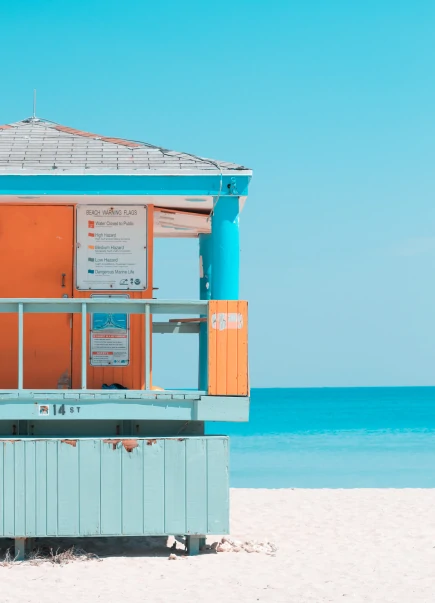
In your research about addiction treatment, you may have encountered intensive outpatient treatment. While it sounds similar to partial hospitalization programs, there are differences. They tend to vary in intensity, with the most intensive program being inpatient treatment. This is where you reside twenty-four-seven in the treatment center for a set period of time.
On the other end of the scale is outpatient treatment, where you have sessions at the treatment center but will be able to continue daily life and maintain most of your professional and personal commitments.
Partial hospitalization and intensive outpatient programs fall somewhere in between. The two are similar in that neither involves living at the treatment center and so allow more freedom and independence. Both provide you with access to physicians, therapists, and medication where needed. The difference is the time commitment.

Partial hospitalization is seen as the next step down in time commitment from an inpatient treatment program. Clients attend sessions for about twenty-five to thirty hours per week. With an intensive outpatient program, you attend sessions for about fifteen to twenty hours per week.
By starting with more intensive programs first before gradually reducing your time investment, you can establish and perfect the skills you learn along the way.


Partial hospitalization programs may suit those who:
Have gone through a medical detox and want to take the next step to recovery
Would benefit from structured days of therapy
Have mental health disorders that require more comprehensive medical care
Are still experiencing withdrawal symptoms and need additional support
Are at risk of relapsing
Have responsibilities that mean they cannot spend twenty-four-seven in a treatment center
Have left inpatient treatment but do not feel stable yet
It is important when you are choosing a treatment not to choose the most convenient option. Recovery is an ongoing process. Factors that affect the treatment you need may include the severity of addiction, family history, co-occurring mental health disorders, and whether you have tried to quit before. You should not rush treatment because this will not speed up the recovery process. Instead, it may increase your risk of relapsing.
However, some people may benefit from less intensive treatment. While inpatient treatment programs have the best success rates, many find that partial hospitalization programs work for them better than traditional residential treatment programs. At Vita Recovery, we work together with you to meet your personal needs and to design the addiction treatment program that will suit you best.
